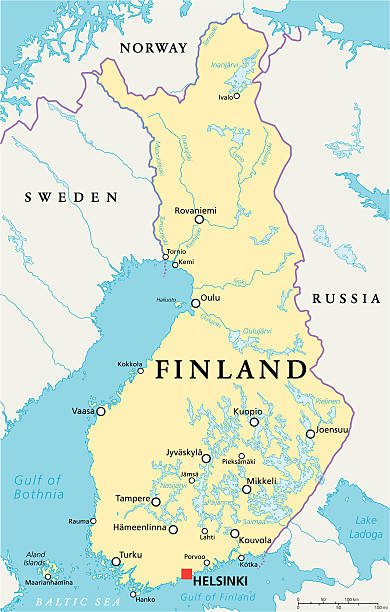Including This Report in the State of Family Project
While this report predates the official launch of the State of Family Project by Marriage and Family Review (MFR), we’re excited to include it on our interactive map. Here’s why:
-
Alignment with Project Goals: This report, published by MFR, delves into a key aspect of family life, echoing the project’s aim to provide comprehensive insights into contemporary families. Its inclusion enriches the project’s scope and historical context.
-
Honoring MFR’s Legacy: MFR has a long and distinguished history of publishing research on families. Including this report pays homage to that legacy and acknowledges the significant contributions MFR has made to the field.
-
Valuable Knowledge: Regardless of publication date, the report offers valuable knowledge and insights that resonate with the project’s goals. Sharing it on the map ensures wider accessibility and fosters meaningful conversations about families.
We encourage you to explore the report’s abstract and full article linked below.

The family drinks hot tea and enjoys conversation and nature.
Abstract
The history of family research in Finland dates back to 1889, when the famous sociologist Edward Westermarck published his doctoral thesis, “The Origin of Human Marriage.” After World War II the old anthropological and socio-historical research traditions were effectively superseded by the emerging school of American sociology. By 1952, the focus of attention in sociology was already shifting to the problems of modern society. There appeared to be hardly any texts during the 1950s that seriously challenged the traditional family institution. Family research invested virtually all its energies in studying the housewife and assuring people that the family was alive and well. The entire field of sociological research saw some significant changes in the late 1970s. A new category-way-of-life-took the social sciences and sociology by storm. The arrival of this concept provides one example of the growing influence of Marxist research during the 1970s. Since the 1980s, the attention of family researchers has been shifting more and more towards individualism and the search for new types of permanent relationships. Feminist research has been drawing critical attention to the understanding of the family as a unit, observing that this understanding contains various simplifying implicit assumptions. A recurring argument in feminist research is that the family does not have one voice, and that the family does not mean the same thing to all its members. Lately, the perspective of social constructionism has been rapidly gaining ground in Finnish studies. At the same time, some critics are now saying that instead of trying to uncover cultural meaning from different types of discourse, family research should instead invest its energies in serious theorizing that is devoted to uncovering the truth.
https://doi.org/10.1300/J002v23n03_02
By incorporating this report, we demonstrate the State of Family Project’s commitment to comprehensiveness, historical awareness, and the pursuit of knowledge that benefits families and communities.
This report was authored by: Mirja Tolkki-Nikkonen






